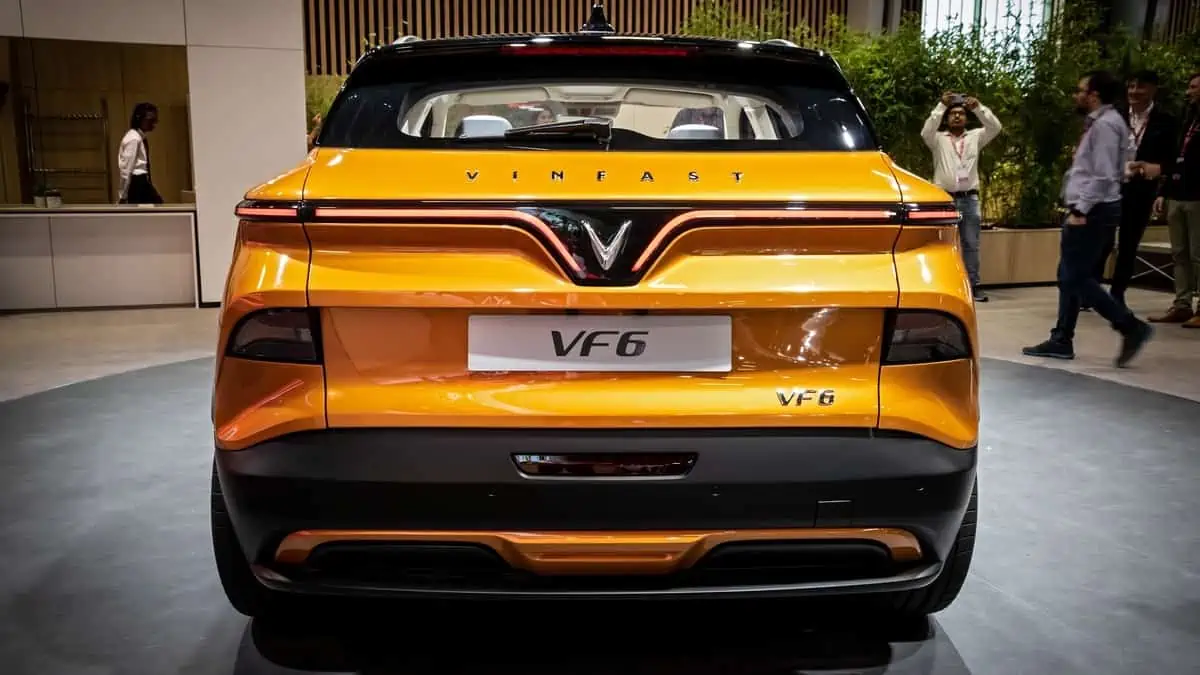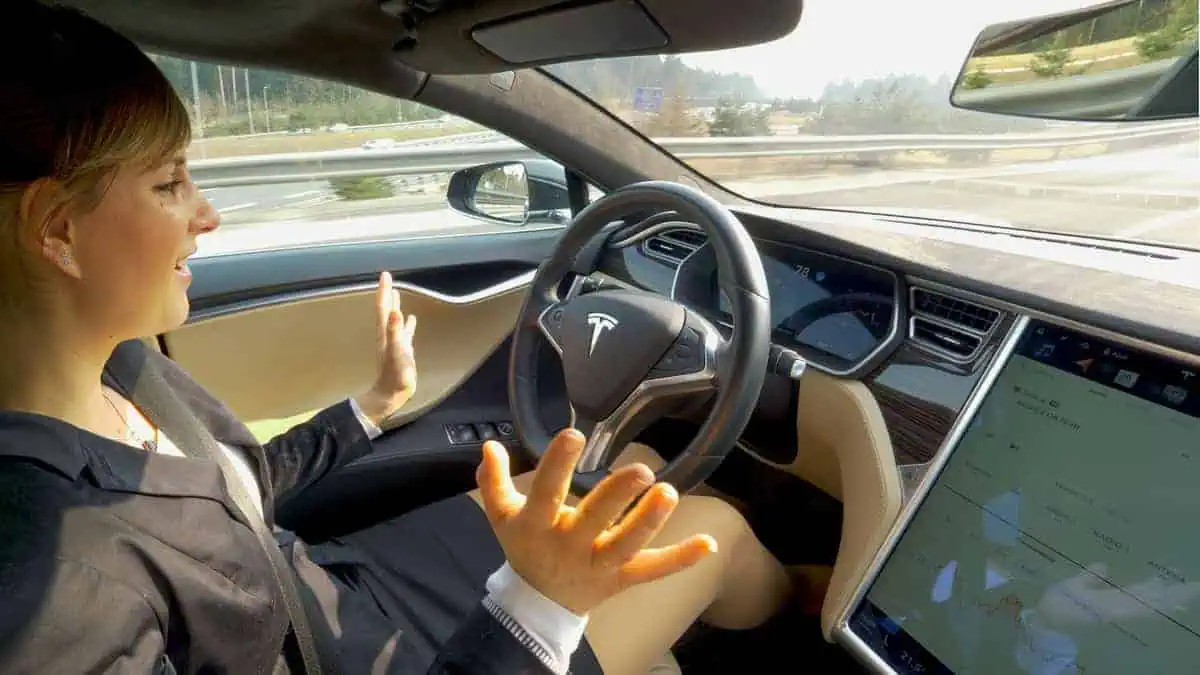The Vietnamese electric vehicle industry is on track to hit record-breaking sales figures starting this year throughout the next decade, Fitch Solutions’ subsidiary BMI Research forecasts. However, the country may reportedly encounter major obstacles to this potential adoption rate growth, like affordability and lack of incentives.
More interestingly, EV ownership in the country will hit the 1 million threshold by 2028. It would increase to 3.5 million EV units by 2040, as per Vietnam Automobile Manufacturers Association’s forecast.
BMI Research outlooks
The international research firm expects Vietnam’s electric passenger vehicle sales to at least record a twofold increase in 2023.
“In 2023, we expect passenger EV sales to expand by 114.8% year-on-year to reach around 18,000 units.”
BMI Research
Of that total, battery-powered models could hit a year-on-year sales growth of 104.4% to almost 17,000 units. Meanwhile, plug-in hybrids could sell 1,100 units, a ninefold increase from last year’s period.
In addition, BMI Research predicts the country’s passenger EV sector to enjoy an annual sales growth of 25.8% from 2023 to 2032 to approximately 65,000 units.
“We currently expect passenger EV sales in Vietnam to average annual growth of 25.8% over 2023-2032 to reach an annual sales volume of around 65,000 units, up from 8,400 units in 2022.”
BMI Research
It further indicated that the Vietnamese passenger EV market’s penetration rate will surge from just 2.9% in 2022 to 13.6% by 2030.
Factors boosting Vietnam’s EV uptake
The remarkable growth forecasts for Vietnam’s EV industry heavily rely on VinFast’s production and delivery ramp-up throughout this year.
“The local production of VinFast, Wuling HongGuang, Skoda and Hyundai-branded EVs over our 2023-2032 forecast period will drive strong growth in the market.”
BMI Research
As expected, VinFast currently leads the domestic passenger EV industry. It apparently accounted for more than 50% of the market last year. Meanwhile, Chinese automakers controlled the remaining shares in the market.
Apart from VinFast’s substantial contributions, the growing availability of low-cost China-built models will also boost the domestic industry’s EV uptake.
For instance, the Wuling Hongguang Mini EV only costs 239 million Vietnamese dong ($10,065). Meanwhile, VinFast’s latest mass-market EV has a base price of $23,000.
BMI further noted that the EV production ramp-up in the ASEAN region will also contribute to the predicted surge in the country’s EV adoption.
The government of Vietnam will also facilitate the EV uptake in the country by extending its import tax exemption policy on cars from the 10-member bloc before 2028 starts.
Potential barriers
BMI worries that affordability and lack of government incentives may impede the flourishing EV industry in Vietnam.
Insufficient charging infrastructures will also discourage Vietnamese customers from joining the EV shift. For context, the country’s charging network currently concentrates on electrified two-wheeler vehicles.
Nonetheless, the research firm anticipates welcoming more industry players to aid Vietnam in deploying more charging infrastructures.
Some companies already committed to launching multiple charging points across the country. One of them is the local charging provider EBOOST funded by Southeast Asia Clean Energy Facility (SEACEF). Foxconn will also allocate $250 million to partially fund its plans to erect its new charging equipment and parts factory in the country.
See Also:
- BYD plans to produce EVs in Vietnam in SE Asia push
- Vietnam’s richest man bolsters $8 billion bet in electric vehicles
- VinFast started customer deliveries for first VF 5 Plus models in Vietnam
- Vietnamese automaker joins US market, delivering first electric SUVs
- Vietnam EV maker VinFast receives permit to build US factory
Combined government initiatives and industry player investments will undoubtedly boost Vietnam’s electric vehicle industry. Customers would be more attracted to joining the shift if they had more options that fit their buying power. Vietnam must also look for ways to expand its charging network to assure potential buyers they would have enough facilities to recharge their batteries.






